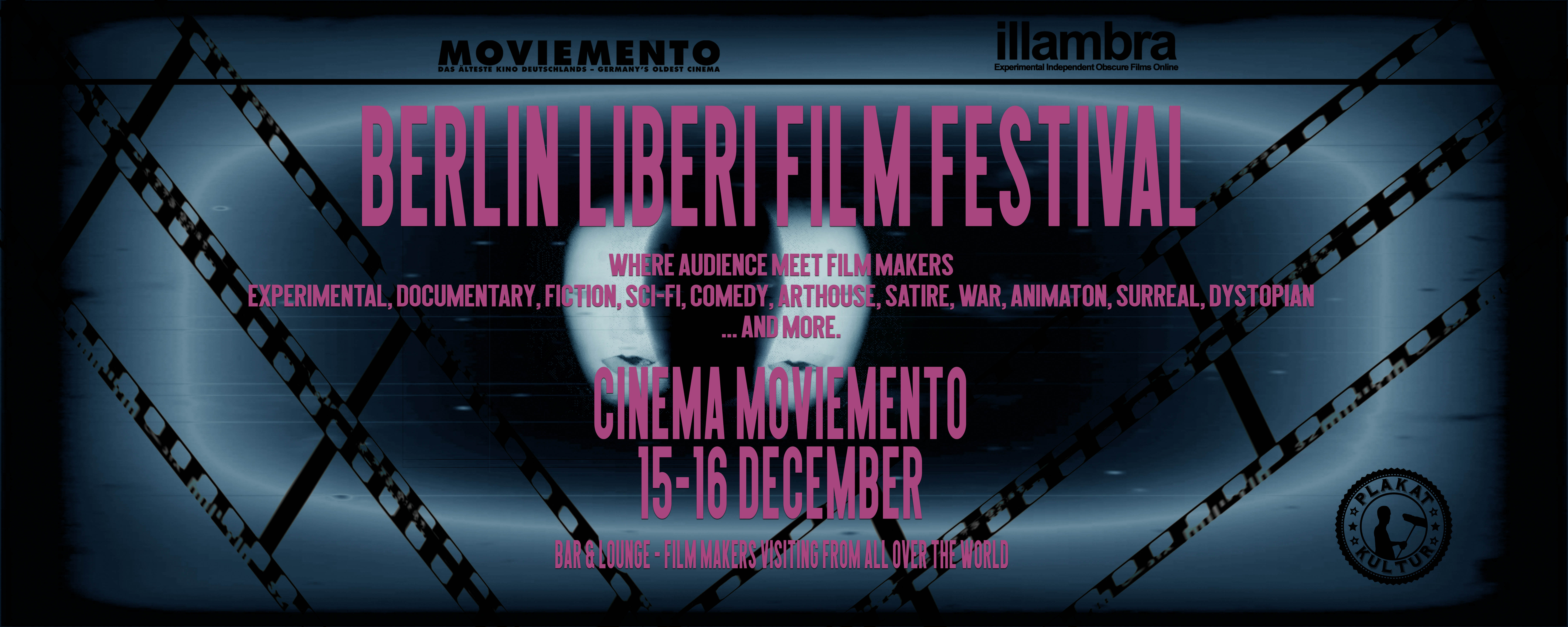
BLFF 2018 Short Film Review “Letters From Eniwetok”
WATCH THE TRAILER HERE
First, the Recap:
There are the things that we unearth, uncover, that can summarily make up the means by which we feel a sense of connectedness to the world around us. It doesn’t have to be anything profound or particulary, definably “beautiful”. No, it might simply remain just an impression within our own mind, that unspoken, intrinsic value of something that is enough, not needing to be understood by anyone else. As the calm but steady waves wash upon an undisclosed coastline, there arrives daily a young woman (Hazel Rodes) whose existence would assuredly not be described as typical, yet not peculiar either, for she comes to search for what the ebbing tide has delivered for consideration and, perhaps, obtaining.
Upon removing the objects from their shoreline “prison”, she takes them home, cleans them up, and if at all possible, puts them to various use around her quaint, cozy home, each item representing many potential things, but most of all, it seems–memories. She finds simple joys in listening to old news broadcasts as she bakes, even if it’s just antiquated weather reports, her greater amusement in it a mystery also unrevealed. The routine of the daily sojourn to the shore is methodical, automatic, yet filled with a purpose only she can truly discover hidden solace in. However, this idyllic life is haunted, even if subtly so, by some form of ghosts only she experiences and harbors, even as she once more returns to the water, an envelope in hand.
Next, my Mind:
It is a lesson in abstract, the mildly idiosyncratic, and most definitively the experimental when it comes to this 12-minute indie short film from British, Boston-based writer/director/producer/editor Ed Carter and producer/cinematographer Ben Masi. One could simply accept the narrative at face value–a woman ventures to the beach from her seaside home to collect whatever random objects are washed in by the tide–but, at least for this reviewer, there’s a lot more occurring that paints much grander, more engaging realizations about her character, her life, and more importantly, the possible history behind why she collects the way she does and what these objects mean to her, past and present, even as she applies them to daily regimens. There are moments visually where, literally and intentionally, the images blur out into static, indicating that something is causing interference to the proceedings.
Seeing this as it is utilized directly in association with the woman’s reactions, one subtle, one more blatant, during two specific visits to the shore, adds a facet to events that is made more clear if you research at least one prospective explanation that finds its foundation in the film’s title, also perhaps giving a clue to the time era the film is taking place during. This could be a total stretch on my part, and as with almost any film, everything is open to one’s own interpretations. Still, all that’s for certain is that the visual and narrative execution here is undoubtedly a prime example of why independent cinema can be so fascinating to explore and take in. It’s this obscurity presented that really makes what the viewer sees here original, even if mind-bending to certain degrees, and it’s therefore clear why this was among the selections for this year’s Berlin Liberi Film Festival. The black & white starkness of the film, whether shoreline, inside the woman’s home, or objects being gathered, belies the overall lighter tone the film delivers, but also accompanies the “edgier” underlying notions being conveyed as well, leading to a finale that allows still-unexplainable conjecture to reign, though not frustratingly so.
As the sole human presence throughout the film, on top of having almost no audible dialogue or sounds to emit other than a moment’s laughter, Rodes does what so many great character actors do–they strive to embody the emotions and intentions of each scene via sheer use of body language, movement, and facial expression in order to communicate everything the story is attempting to state. Rodes does a fine job here in portraying the woman, an enigmatic figure whose existence is so overtly impacted by the myriad of objects she chooses to free from the watery, sand-filled expanse her home is located by, lovingly taking each item and treating it with utmost respect and purpose, both it seems for reminiscing and practical use. There’s an uncomplicated beauty in her every endeavor, even as one might get the feeling she’s lonely and seeking out that which can comfort her, which could again explain why sometimes the travels to the shore provide us hints of a deeper, personal, and possibly hurtful remembrance the items, the waves, and the distant horizon evoke. It’s a role deliberately understated while still speaking volumes if the viewer wishes to imagine beyond what’s apparent, and Rodes enacts this very well so as to provoke closer scrutiny for the character.
In total, “Letters From Eniwetok” is a piece of successfully accomplished filmmaking that might not immediate strike everyone at the start, perhaps not even be for everyone, but should honestly garner more praiseworthy notions if looked at with eyes beyond the surface. It’s a perfect match for what the Berlin Liberi Film Festival strives for, and hopefully a good audience will admire this work for the effort in avant-garde, fringe filmmaking it is.
As always, this is all for your consideration and comment. Until next time, thank you for reading!
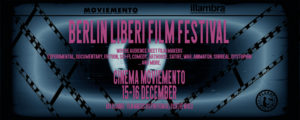
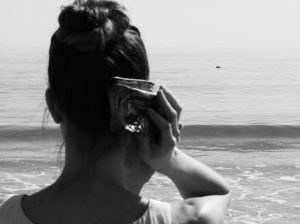
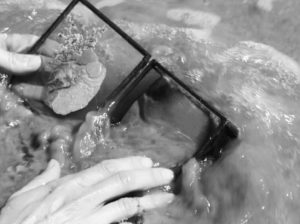
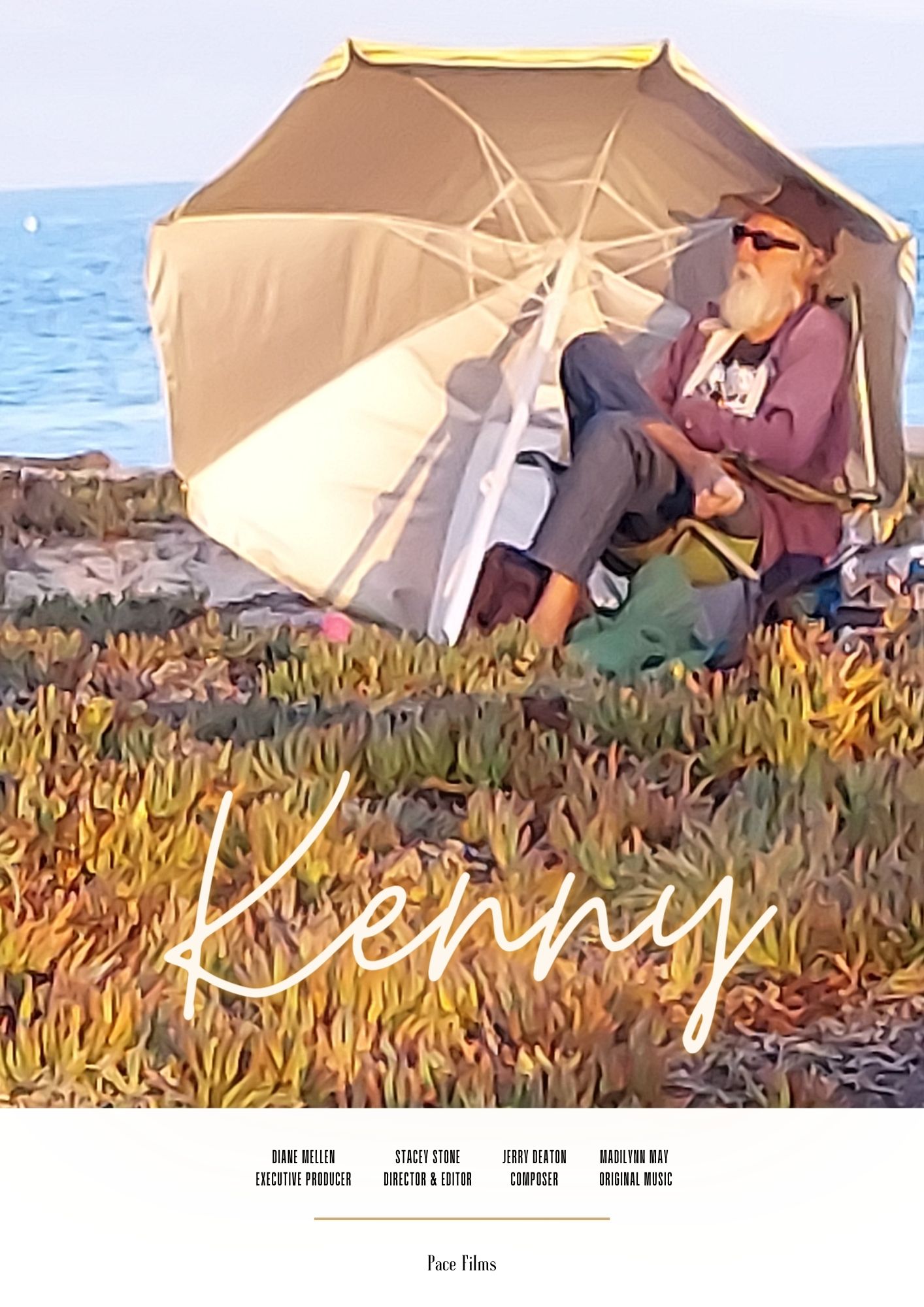

Permalink